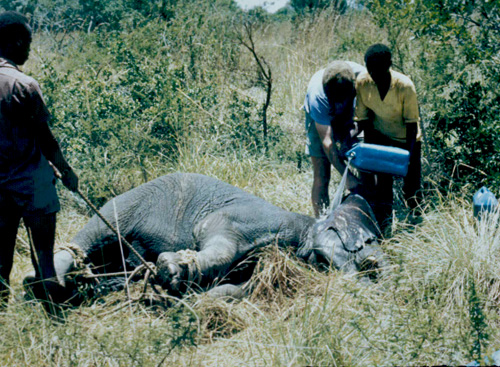I am a dedicated listener to the Saturday noon-hour radio
show Quirks and Quarks. When I first got addicted Jay Ingram, who leads the Banff Science Communications
program each year was the show’s host. For many years now Bob MacDonald has been
the man.
Today’s show had story about dinosaurs and the question of how
they might handle heat. You can listen to the entire interview (for the next 6
weeks) on the CBC podcast here
As soon as the show was over I sent this letter (slightly
edited) to the CBC Q&Q contacts page.
I’ll let you know if I get a response.
Your story with the dinosaur researcher Mike Rowe reminded
me of two things. One was the light-hearted article in the Journal Of Irreproducible Results in which the authors debated
whether dinosaurs were warm- or cold-blooded. As I recall they concluded that
the beasts must have been cold-blooded because the entire surface of the earth
would have been covered in many metres of dino-dung if they were warm-blooded! I tried to find the article on Google, but had no luck. If any reader can find it please send it to me and of course post it on the replies page of this blog.
On a more serious note, Rowe did not once mention the
ear-flapping behaviour of elephants and I have no idea what the ears of his Edmontosaurus dinosaur would have looked
like. Ear flapping is a vital part of the cooling strategy of today’s
elephants. About 30 years ago the pioneering wildlife veterinarian Dr. ToniHarthoorn whom I worked with in my Kenya days told me of an experiment he did that shows
an interesting component of that behaviour. He implanted thermistors in the
artery and vein at the ear base and compared the temperatures of the blood in
both vessels when the ears were still or waving. There was almost no difference
between them until the waving began. When they moved there was a marked drop in
the venous temperature as the blood returned to the body. Sadly time has eroded
the actual figure from my now 71-year old brain, but a figure of 10 degree C
keeps trying to assert itself.
 Certainly, when I worked on elephants in Kenya and Rwanda we
routinely poured water over the ears and flapped them while the animals were
immobilized. You can even see evidence of this on my website under >photography>elephant, rhino, hippo (picture 25 of 30). Here is that photo,
to save you chasing it down.
Certainly, when I worked on elephants in Kenya and Rwanda we
routinely poured water over the ears and flapped them while the animals were
immobilized. You can even see evidence of this on my website under >photography>elephant, rhino, hippo (picture 25 of 30). Here is that photo,
to save you chasing it down.
Did the ingenious masks that Mike Rowe designed to measure
metabolic activity allow the ears to move? Without this component of the
research I have to wonder if it is valid.
Sincerely,
Jerry Haigh
Wildlife veterinarian, Author, Storyteller.
No comments:
Post a Comment